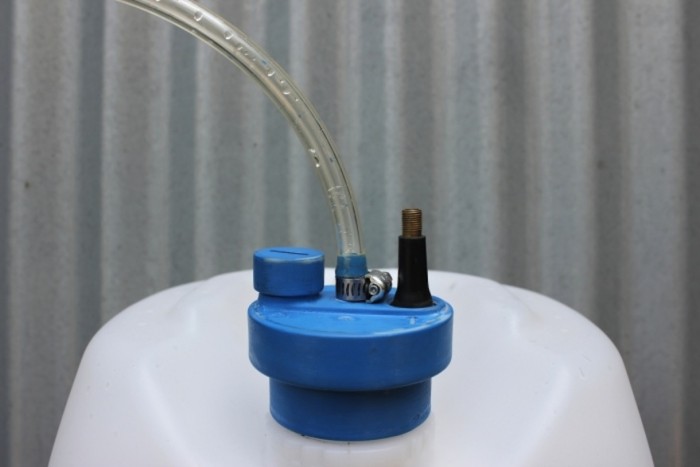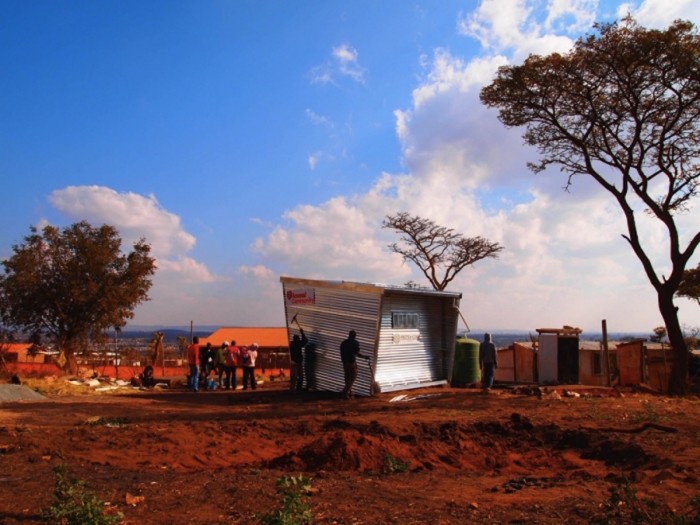It is heartening to see The Better Living Challenge, a competition initiated by the Cape Craft & Design Institute and the Western Cape Government’s 110% Green programme, reaching fruition with the exhibition of 22 finalists' designs at Cape Town Station. We helped put out the initial call for the competition, which gathers, showcases and aims to commercialise affordable and green home improvement solutions for low income communities. Helen Zille, Premier of the Western Cape, put it succintly when she said at the opening that she was "amazed that we are living in a society where the scale of the problems is met by the scale of ingenuity in the designs on show".
It can be downright depressing to come to grips with the housing shortage bedevelling South Africa – an urban conundrum that is certainly not unique to us. And while we're under no illusions about the commitment needed to meet the challenges of rolling out any of the proposed solutions, the competition has brought government, not-for-profits, entrepreneurs and the creative sector together with a singular focus: they all agree that the model of the state building a freestanding house for everyone is not realistic, so we better get on with finding other solutions.
The ideas showcased in The Better Living Challenge are in various states of development and vary in their efficacy and viability. What's most promising is that the priority is on implementation: the competition is looking for ideas that have both scale and practical financial viability, as project manager Fran Cox tells us in this interview.
We look forward to finding out who the winners will be on 26 November. In the meantime, here are four of the finalists, whose stories we told on our website in the past year.










